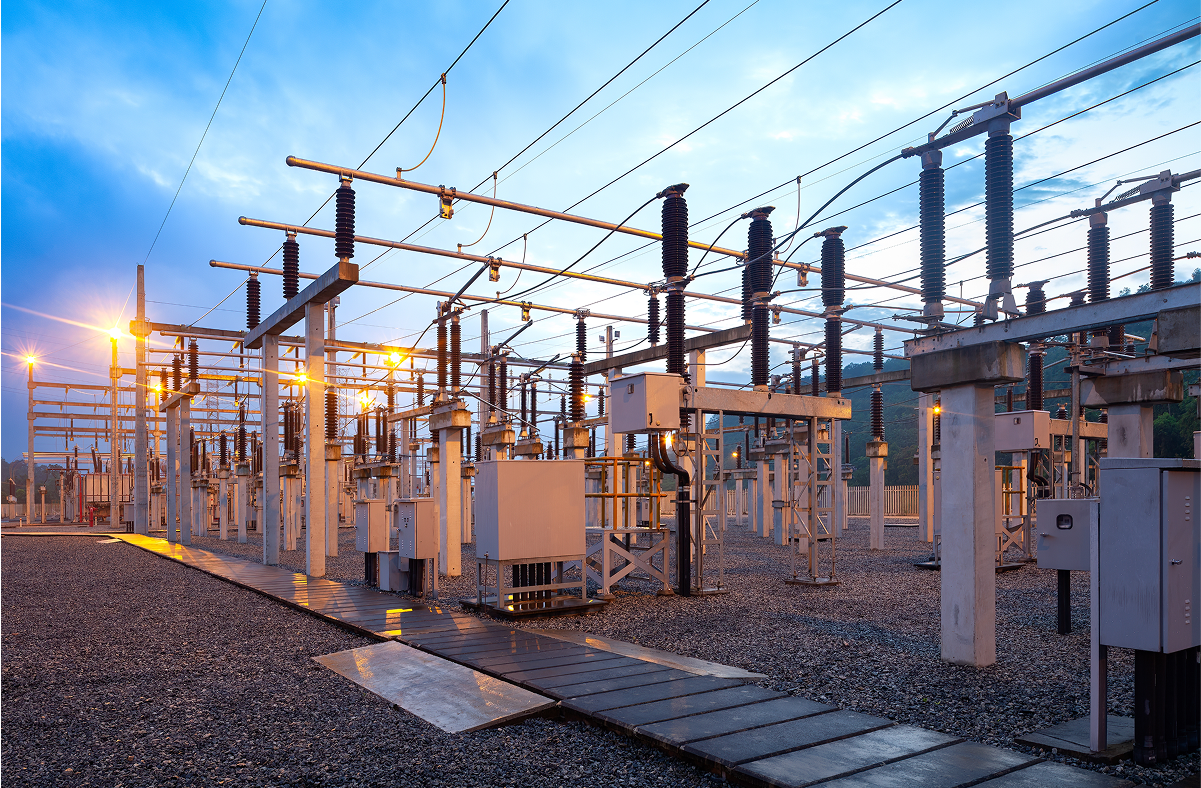Fostering impactful collaboration
EPIXC fosters partnerships and collaborative R&D that enable electric and hybrid process heating technologies at different temperatures and for broad application areas, with the intent of optimizing manufacturing processes, accelerating technology deployment and boosting overall positive impact on energy productivity, quality and increased manufacturing throughput.

Examples of technical innovations and technologies include:
- Radio frequency volumetric heating of catalyst beds in reactors carrying out endothermic reactions. Volumetric heating has the co-benefits of improving energy efficiency and reducing reactor size. It provides precise control over temperature ramp rates, which can reduce thermal stress on costly high-temperature reactor materials, prolonging their service life.
- Optimizing distillation column operations for usage of electricity during low electricity cost periods (e.g., off-peak times) thereby lowering operating cost while providing valuable flexibility to the power grid.
- Plasma and resistive heating at high temperatures and in difficult environments, addressing challenges related to heat transfer in systems such as handling of multi-phase mixtures, including solids.
EPIXC fosters collaboration among manufacturers, academic researchers, equipment suppliers, engineering, procurement and construction companies to tackle the deployment, replication and supply chain challenges of electric and hybrid heating. Our research focuses on applications with the greatest potential impact, such as those requiring energy below 300°C, which represents 60% of process heating. Pilot-scale demonstrations will be conducted on participating testbeds to develop practical solutions. This work will also inform EPIXC’s education and workforce development programs, providing hands-on learning for diverse skill levels (construction, operation, engineering, optimization, etc.).
Industrial processes involve a variety of materials with distinct heating requirements, necessitating a range of electric heating technologies. These technologies, including resistance, electric arc, plasma and electromagnetic heating, are precisely controlled to deliver specific temperatures and heating rates.
Established technologies including electric boilers for heating at relatively low temperatures have their challenges. Their scale-up and broad adoption in relevant industries remain unproven. The development of emerging electric and hybrid heating technology at the top end of the processing temperature range (from 800°C to 1,600°C) lags, particularly as it pertains to difficult environments, such as those encountered in the cement and steel industries (except well-established arc heating for steel, generally applied to scrap melting furnaces).
EPIXC uniquely brings together people, knowledge and cutting-edge facilities in a collaborative effort to conquer these and other challenges and provide a viable path for the commercialization of emerging electric and hybrid heating technologies.
Join our mission
If you are interested in joining our mission, become a member today!